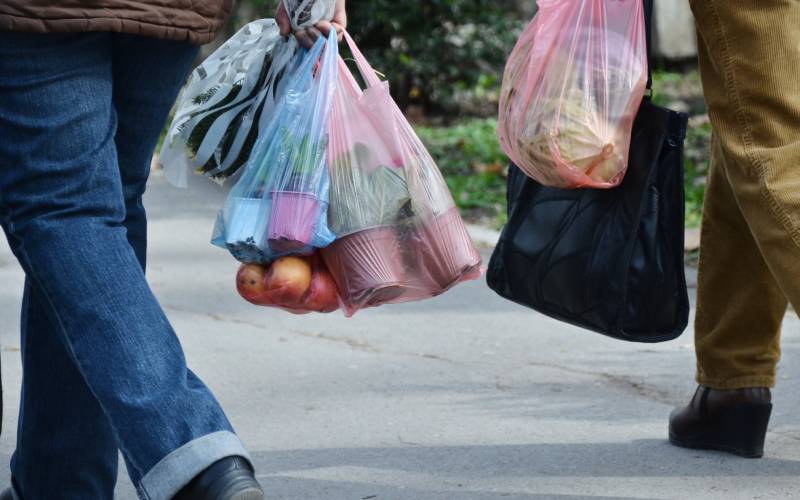×
The Standard e-Paper
Stay Informed, Even Offline

Where do these small clear plastic bags come from? Are some companies producing them illegally? [Courtesy]
Since the ban on plastic carrier bags came into effect in August 2017, we have witnessed tremendous progress, including a change in individual perception towards plastic materials. We have seen a rise in innovative items meant to replace plastic bags that were essentially single-use.